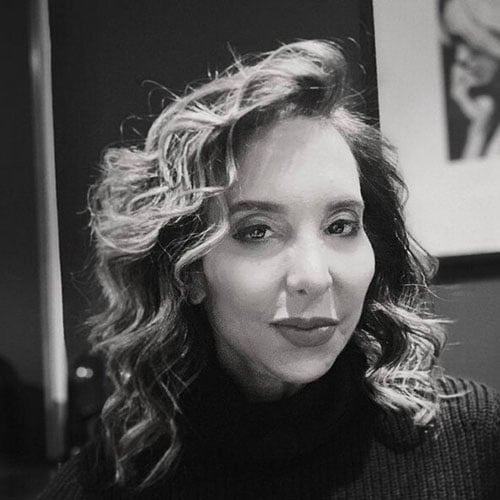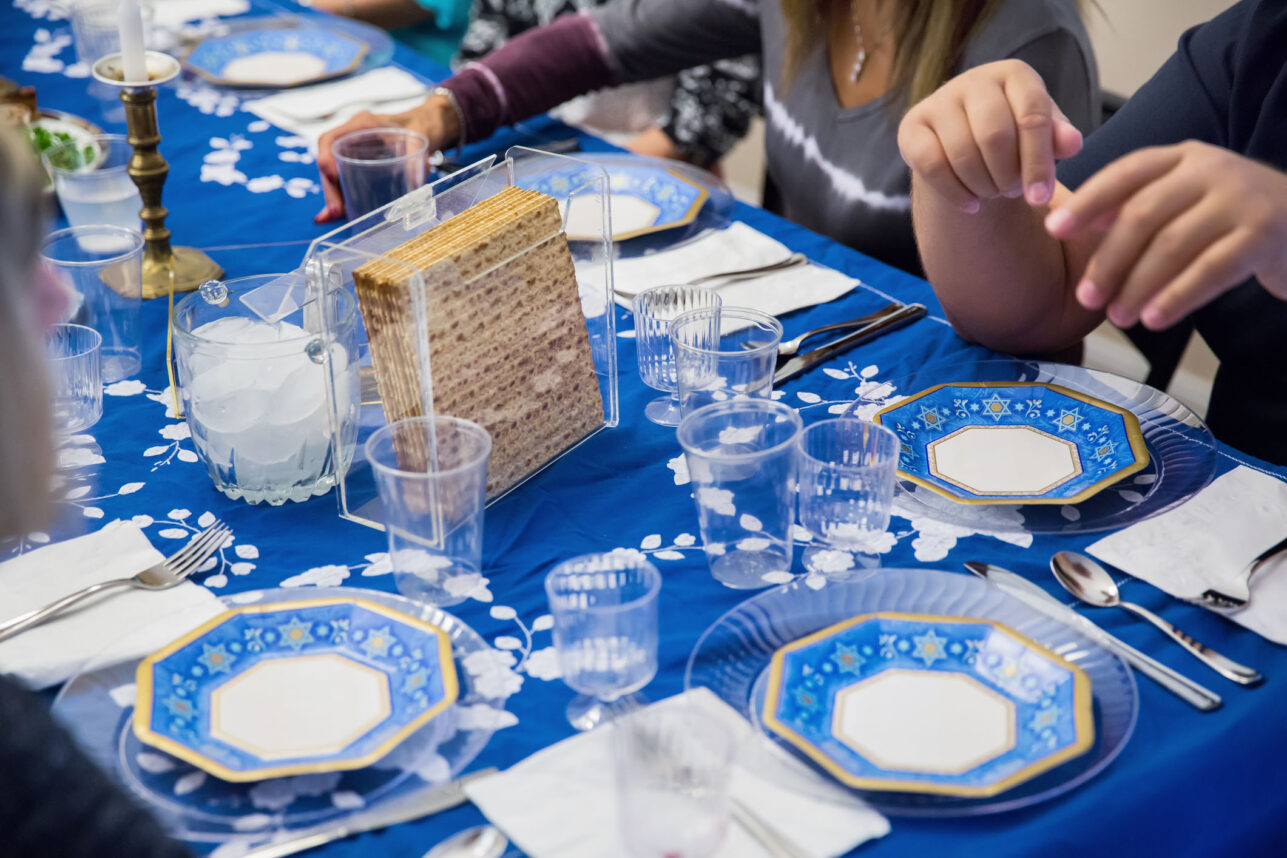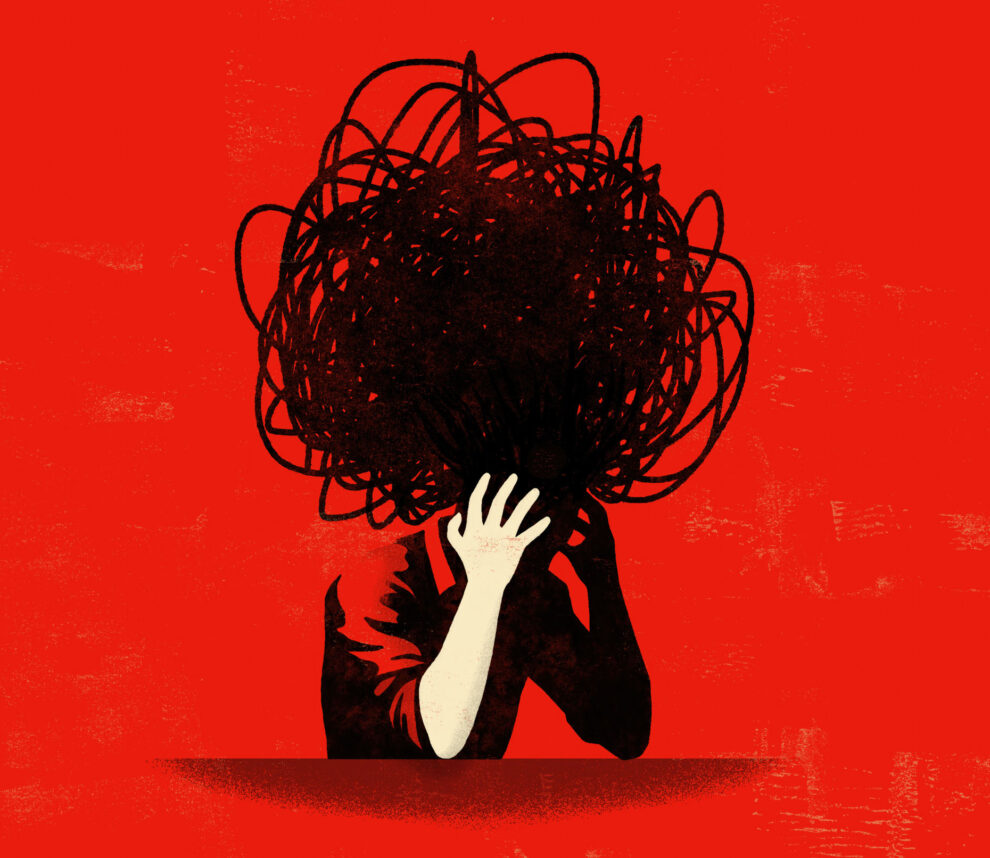 The seder plate at Spago features braised beef short ribs and homemade grated horseradish, among other symbolic foods. Photo by Maxine Picard.
The seder plate at Spago features braised beef short ribs and homemade grated horseradish, among other symbolic foods. Photo by Maxine Picard.
I’ve spent much of my life rebelling against order. My dad wanted me to go into the security of advertising, so I went into the mosh pit of journalism. My mom wanted me to settle down in my 20s, so I ran away from any guy who emitted “marriage material.” Spreadsheets give me a headache.
The older I’ve gotten, the more I’ve realized that order isn’t so bad. In fact, it offers many underappreciated benefits, like creating masterful films and paying your rent on time. Order actually offers more freedom, not less. As French Rabbi Marc-Alain Ouaknin put it in a very special haggadah he created with artist Gerard Garouste: “It is a paradox of liberty that it can only be attained within the framework of order, of rules, of words and symbols of extraordinary precision.”
The word seder, of course, means order. The rules of the seder ceremony — a 14-stage recital — were codified in the Talmud around the second century C.E., at a time when Roman culture was dominant. “This ceremony”, writes Ouaknin, “whose form lies somewhere between theater and liturgy, is an apprenticeship in liberty and creativity through play, questions, mime, song, and an ensemble of symbols.”
Once the seder was codified, it was never changed. “And as astonishing as this may appear,” writes Ouaknin, “Jews today, once a year, behave in a manner connected with second century Roman civilization.”
The use of rituals to celebrate freedom was brilliant, predating the theories of both liberalism and aesthetics. Both reiterate the concept that true liberty springs neither from anarchic chaos or totalitarian rigidity, but from principles that stem from human nature.
Order is often confused with rigidity, and that is precisely why kids rebel against it. Children crave order and boundaries but detest rigidity. In fact, because Pharaoh feared that the Jews in Egypt would one day rebel, he made them slaves — precisely why they then had to rebel.
The truth is, rigidity — the inability to be flexible, to innovate — is actually a parody of order. Order is about restraint, harmony and unity; it speaks directly to our souls.
The seder shows by example the difference between order and rigidity. Despite all of this emphasis on order, no two seders are exactly alike. At the very least, individual family stories are woven in. My paternal grandfather, who was forced to flee Russia as a child, led our family seders.
“The seder shows by example the difference between order and rigidity. Despite all of this emphasis on order, no two seders are exactly alike.“
As much as he wanted his grandchildren to celebrate our freedom, he always made a point of making sure we understood that we can never take our freedom for granted. Instructed by the Torah to tell the story of Exodus, the story of his own exodus, the story of every Jewish exodus, he would be horrified and heartbroken by what is happening today.
As the youngest, I sang the Four Questions. He made a point of imbuing the prayer, and my job, with sacred significance. To this day, I tear up when singing the Hebrew. Order impels ritual and tradition, which gives each of us our role in building humanity. Or as Rabbi Jonathan Sacks has put it:
“You are a member of an eternal people, a letter in their scroll. Let their eternity live on in you.”
We grow older, our lives change, our families change. But the order of the seder remains intact.
This year, my son Alexander will no longer be the youngest. We have invited our Muslim Yemenite neighbors to the first seder, and Anaya, 7, will have the honor of singing the Four Questions.
I’m going to teach her the Hebrew words and age-old melody, but I’m also going to encourage her to change the tune if she wants and pair it with some hip-hop moves, her specialty.
We will tell the story of our slavery in Egypt for 400 years, what it took to finally get out of there, and how all of this led to the birth of the Jewish nation. But we will also talk about how today Egypt is our friend.
Because order inspires freedom. Freedom inspires growth. And growth inspires justice.
Karen Lehrman Bloch is an author and cultural critic living in New York City.























 More news and opinions than at a Shabbat dinner, right in your inbox.
More news and opinions than at a Shabbat dinner, right in your inbox.